Ten Essential Foods For A Heart Healthy Diet

Understanding what types of heart-healthy foods to incorporate into your diet can be a confusing process. There are many articles online stating that certain foods or diet fads can benefit you; but who’s to know what is real and what isn’t? Fortunately for us, our Registered Dietitian, Marsha Rosen, has curated a list of heart-healthy foods that are highly beneficial for your diet.
Your list of foods for a balanced diet should include a variety of choices from all food groups.
Here are some excellent suggestions to begin with and build on.
10 Heart Healthy Foods
Salmon – Salmon and other fatty fish like mackerel, anchovies, sardines, herring, trout and arctic char; are extremely good for heart health as they contain plenty of omega-3 fats, which can help to lower the risk of heart disease. It’s recommended that you aim to eat at least 2 servings of fish a week.
There are three types of omega-3 fats:
- ALA (alpha-linolenic acid)
- EPA (eicosapentaenoic acid)
- DHA (docosahexaenoic acid)
All three types of omega-3 fats are important to have in your diet.
Other foods that contain omega-3 fats include:
- Eggs
- Margarine enriched with the omega-3 fat DHA – made with fish oil
- Yogurt – fortified with Omega-3
- Soy beverage – Omega-3 fortified
- Soybeans – edamame
Oatmeal – Oatmeal is a high in soluble fibre, which can help to lower cholesterol. It’s recommended that you avoid eating instant oatmeal, as it often will contain sugar, and instead opting for traditional old-fashioned oats.
Berries – Berries such as strawberries and blueberries are believed to carry antioxidants that help to decrease blood pressure and dilate blood vessels. This is attributed to the benefit of compounds known as anthocyanins, and flavonoids.
Potatoes – Although potatoes can be more challenging to your heart healthy dining, if you don’t deep fry them, they can be extremely good for your heart. They’re rich in potassium and high in fibre (if the skin is left on), which again, can help lower blood pressure and the risk of heart disease.
Tomatoes – Similar to potatoes, tomatoes are high in heart-healthy potassium. Plus they’re a good source of the antioxidant lycopene. Lycopene is a carotenoid that may help to get rid of “bad ” cholesterol, keep blood vessels open and lower heart attack risk.
Nuts – Any nuts that you consume are good for your heart fibre (As long as they’re not salted or contain added oils or fats), and also contain vitamin E, which helps to lower bad cholesterol.
Legumes – Legumes such as dried beans, peas and lentils, are an excellent source of protein without a lot of added fat.
Broccoli, spinach and kale – When it comes to your heart health, you can’t go wrong with vegetables. Green vegetables like broccoli, spinach or kale can give an extra boost to your heart. These are high in carotenoids, which act as antioxidants and can free your body of potentially harmful compounds. They’re also high in fibre and contain lots of vitamins and minerals.
Flax seeds – Flax seeds as well as chia seeds are high in omega-3 fatty acids and fibre content.
Avocado – These soft, tasty fruits will provide your body and heart with plenty of healthy fats. They’re composed of monounsaturated fats, high in antioxidants, and also contain potassium to help lower heart disease factors.
And finally:
When following these healthy food options, remember that those that are higher in fat – nuts, seeds, fatty fish, oils, even though they are heart-healthy fats, can work against you. How can that be?? If your portions of these foods are too large it can lead to unwanted weight gain which again will contribute to a less healthy you. Follow Canada’s Food Guide for suggested serving sizes.







